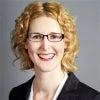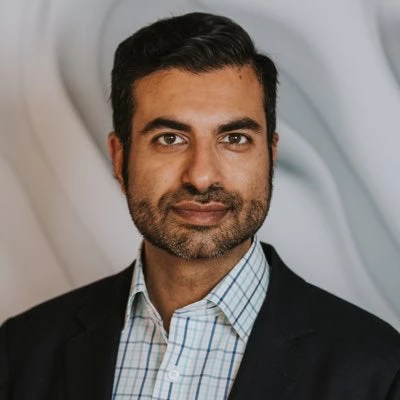 “Together we are stronger” – Supporting a regional dialogue on the Lake Chad Region
“Together we are stronger” – Supporting a regional dialogue on the Lake Chad Region
The area around Lake Chad, a large transboundary lake shared by Cameroon, Chad, Niger, and Nigeria in West and Central Africa, is bearing the double burden of climate change and forced displacement. Latest estimates show that the region hosts 2.5 million refugees and internally displaced persons – half of which are children. Vulnerable groups, especially women and youth, have been affected the most. This forced displacement crisis has added pressure on host communities, who are already food insecure. Climate change also poses a critical challenge. Its profound adverse impacts can especially be seen in the timing and amount of rainfall which leads to the loss of productivity of the rain-dependent agricultural areas.
There are numerous root causes and drivers of fragility in the region. For one, systemic national development problems have had a devasting impact on the region. The areas surrounding Lake Chad represent the poorest, most marginalized and neglected parts of each country that are susceptible to crime and violence. Grievances of local populations are further deepened by unfulfilled promises of development, and many have lost their trust in the government.
Despite some of these challenges, Lake Chad, a UNESCO World Natural Heritage Site, supports a resource-rich region with an enormous economic potential. In fact, an estimated 49 million people could benefit from sustainably managing the region’s rich natural resources for better livelihoods – such as fishing, livestock farming, flood-recession agriculture, hunting and gathering. To unlock this huge economic potential, all countries in the region need to join forces in tackling the underlying issues of fragility.
Against this background, the World Bank has been supporting a regional dialogue on the development of the Lake Chad Region through the Cross-Border Collaboration in the Lake Chad Region Project. This project has been funded by the World Bank’s State and Peacebuilding Fund and is aligned with the Regional Strategy for the Stabilization, Recovery and Resilience of the Boko-Haram affected areas of the Lake Chad Basin.
The project has also supported a wide range of activities, including the preparation of two discussion papers on regional youth issues and cross-border trade and the regional economy. These papers informed the discussion of the plenary meeting of the Lake Chad Basin Governors’ Forum for Regional Cooperation on Stabilization, Peacebuilding and Sustainable Development, which took place in Niger in July 2019.
Another activity is the design of a knowledge and monitoring platform for the Lake Chad Region, including a geospatial data center. Built upon the existing Lake Chad Information System, the platform will be hosted within the Lake Chad Basin Commission.
In parallel to this design work, the project has helped host regional workshops with national government representatives and representatives of the Lake Chad Basin Commission to discuss the countries’ regional vision and ongoing activities, such as the knowledge and monitoring platform. To date, four regional workshops have been held in Cameroon, Chad, and Niger. This workshop series was a first step in supporting the governments in transitioning from a humanitarian to a development response in the Region. This dialogue has also supported the ongoing preparation of the Lake Chad Region Recovery and Development Project (short: PROLAC).
Supporting the governments of the region in their dialogue and strategy building has not been easy. It is a lengthy process to establish close collaboration and partnerships between countries. But such important efforts will help all involved actors better tackle the challenges facing the Lake Chad Region, support the development of the Region, and capitalize on its huge socio-economic potential.
Regional problems require regional solutions. We will keep you posted as our work progresses. Because together we are stronger!”





Join the Conversation